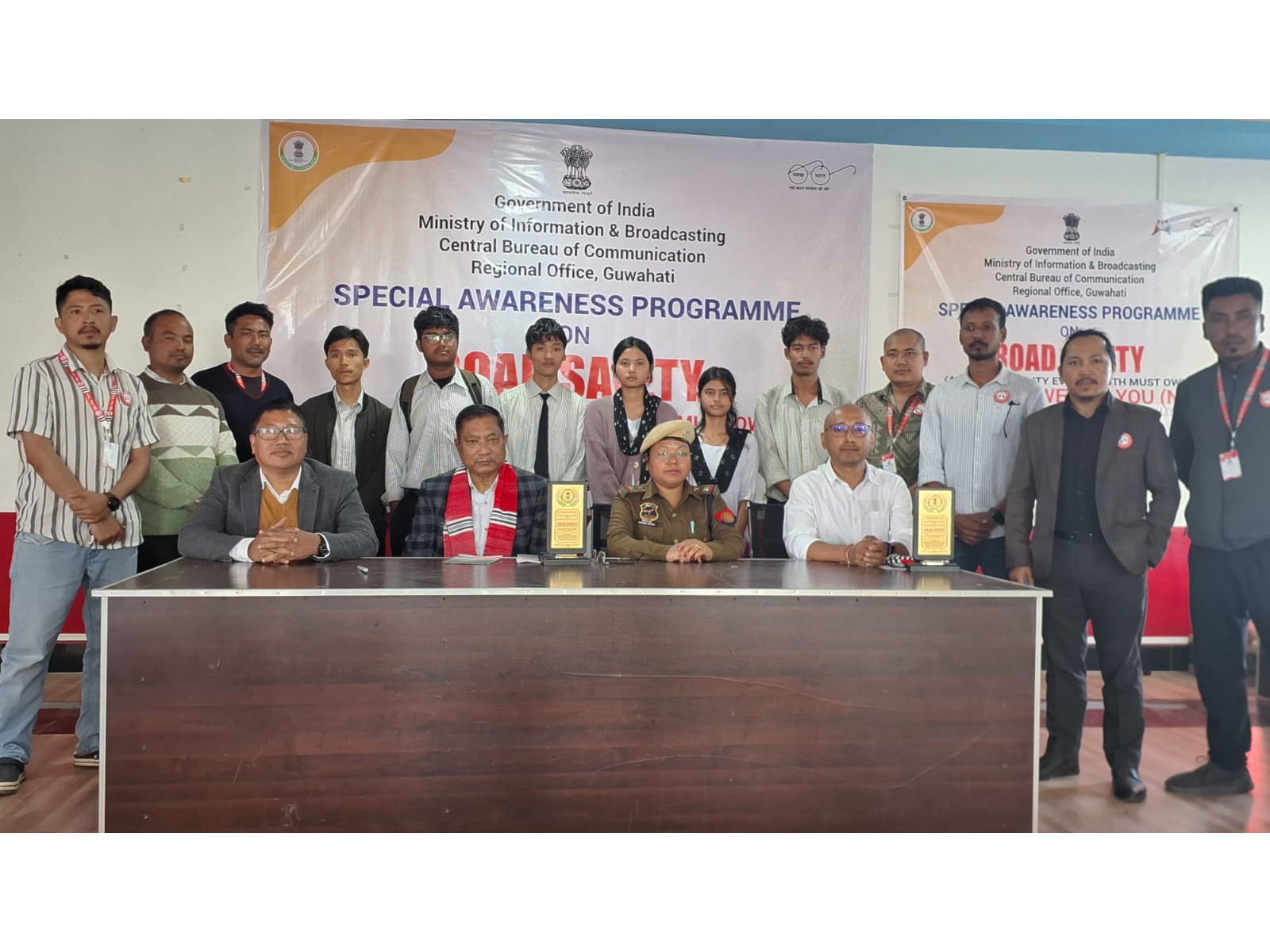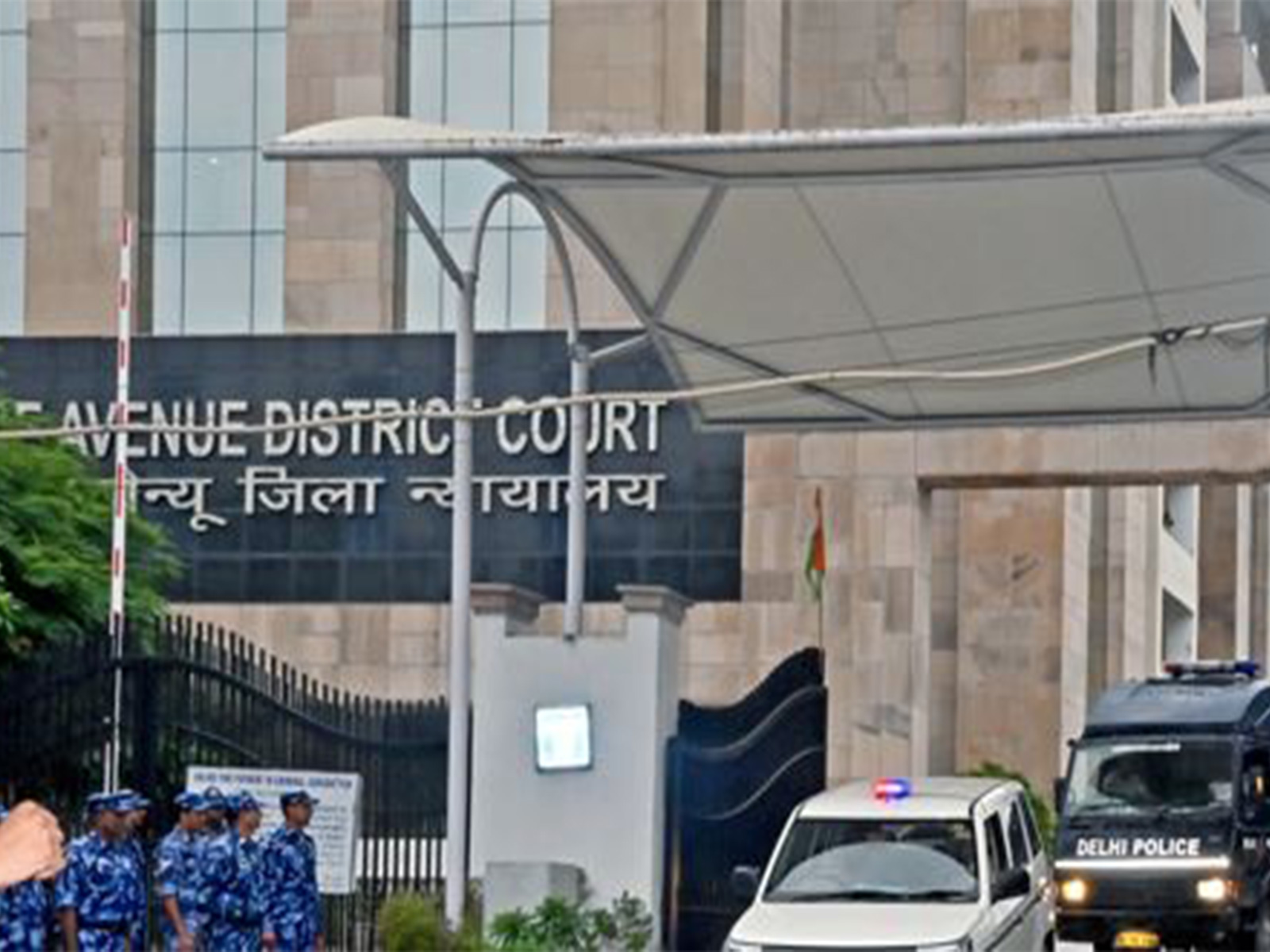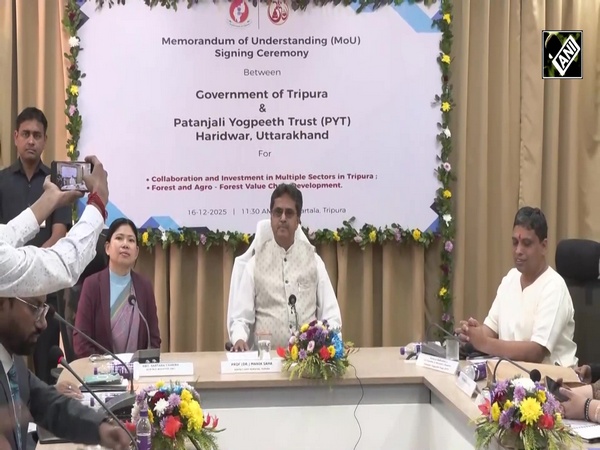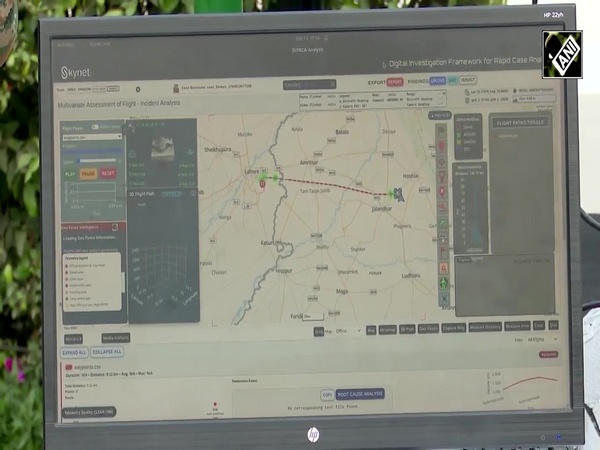Root cause of Wayanad disaster is climate change: Kerala CM Vijayan
Aug 17, 2024

Thiruvananthapuram (Kerala) [India], August 17 : Kerala Chief Minister Pinarayi Vijayan on Saturday said that the root cause of the Wayanad landslide disaster is climate change.
"The root cause of the Wayanad disaster is climate change. The agricultural sector is one of the most directly impacted by this phenomenon. At this stage, our primary focus should be on discussing the impact of climate change on agriculture and the measures needed to overcome these challenges," Vijayan said after inaugurating the Farmers' Day celebrations here.
He said that experts estimate that due to climate change, rain-dependent rice yields in our country could decrease by 20% by 2050 and by 47% by 2080.
"Similarly, wheat yields could decrease by 19.3% by 2050 and by 40% by 2080. These are serious concerns that require immediate and sustained attention," he added.
The landslides that killed hundreds of people in Kerala's Wayanad were triggered by a burst of rainfall that was made about 10 per cent heavier by human-caused climate change, a study has found.
The study by World Weather Attribution (WWA), an international group of researchers, found that the excessive rainfall in the early hours of July 30 that triggered the landslides was a "once in a-50-year event".
The study highlights the need for rigorous assessments of landslide risk and improved early warning in hillside regions of northern Kerala to prevent repeat landslide disasters.
The study was conducted by 24 researchers as part of the World Weather Attribution group, including scientists from universities and meteorological agencies in India, Malaysia, the United States, Sweden, the Netherlands, and the United Kingdom.
"The available climate models indicate a 10 per cent increase in intensity. Under a future warming scenario where the global temperature is two degrees Celsius higher than pre-industrial levels, climate models predict even heavier 1-day rainfall events, with a further expected increase of about 4 per cent in rainfall intensity," the study said.
The study noted that one-day bursts of monsoon rainfall will continue to become even heavier, risking even deadlier landslides, until the world replaces fossil fuels with renewable sources of energy.
"Minimising deforestation and quarrying, while improving early warning and evacuation systems will help protect people in northern Kerala from future landslides and floods," the study suggested.
The study highlights that single-day heavy rainfall events in Kerala are becoming more common, a shift attributed to climate change. Previously rare, such downpours are now expected to occur roughly once every 50 years due to 1.3°C of global warming.
Additionally, the research points to factors like quarrying for building materials and a 62 per cent decrease in forest cover in Wayanad from 1950 to 2018, which have heightened the area's vulnerability to landslides during intense rainfall.


















